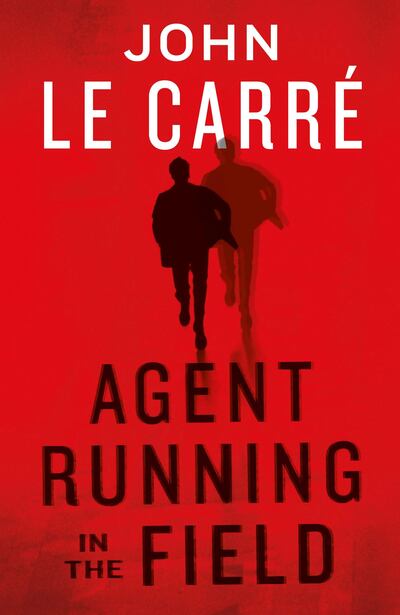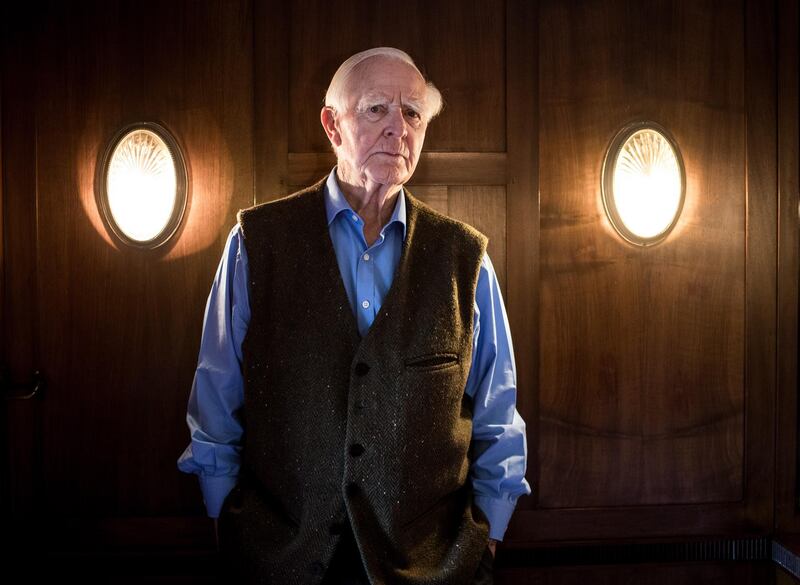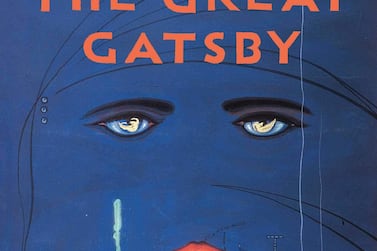For the past five decades, John le Carre – novelist, writer of short stories and screenplays, and a former British intelligence officer – has produced some of the most compelling, memorable and popular spy fiction in the English language. He has written more than 20 novels in his career, including Call for the Dead (his debut novel, published in 1961), The Spy Who Came in from the Cold (1963), Tinker Tailor Soldier Spy (1974), The Little Drummer Girl (1983), The Night Manager (1993), The Constant Gardener (2001) and A Most Wanted Man (2008). His work has introduced generations of readers (and viewers, with many of his books adapted for film or TV) to the tenebrous and arresting world of modern espionage and its often devastating human cost.
In addition to providing such instruction and diversion, Le Carre's work has also served as a peculiarly sensitive register of some of the most significant political and cultural developments of the past half century. To read his books is to encounter a record, often idiosyncratic and seldom impartial, of the geopolitical forces of the recent past.
His latest novel, Agent Running in the Field, exhibits many of these qualities and preoccupations. Politically, it is concerned with the economic, demographic, climatological and nostalgic impulses that have resulted in perhaps the two most significant phenomena of the contemporary age: the election of Donald Trump as the US president and Brexit. The book wonders what implications these occurrences might carry for the individual, people who wish to live a life untroubled by the vicissitudes of history and realpolitik.

The book pursues these concerns by chronicling the interlocking lives of four principal characters – Nat, Prue (Nat's long-suffering wife), Ed and Florence (who works on a defunct wing of a London espionage unit). Nat, 47, is a veteran of British secret intelligence who lives with the assumption that his career as a runner of agents is coming to an end, but who nonetheless senses that a cloud looms over his professional life. According to his employer's confidential report on his character and professional conduct, Nat is "irascible", possessed of "a rugged charm", "not naturally suited to desk work or the sedentary life", devoid of "insuperable moral scruples" and "not by any means immune to female charms". He is also champion of his local badminton club and, when we encounter him at the start of the book, he is about to embark on a trip to France, where he has an important bit of business to address.
It is Nat's enthusiasm for badminton that brings him into contact with Ed, a man half his age who works as a researcher (of whom or of what is initially unclear), hates Brexit, detests Trump, and wishes to dislodge Nat from his position as regional champion of the sport they both love. As the two of them set about addressing their weekly badminton encounters, Nat is told to handle one final job for the intelligence service: to take over The Haven, a defunct substation of London intelligence that is populated by a rogues' gallery of spies.
The ensuing plot is heavily dependent on twists and revelations, but it is worth noting that the book as a whole is almost entirely devoid of aesthetic pleasure. Le Carre's recounting of events is laborious and lacklustre.
Where the icy and laconic civility of his earlier dialogue made the reader feel that they were inhabiting a world that might at any moment run with blood, the exchanges in his latest offering inspire little more than a feeling of rampant incredulity. One reason for this is Le Carre seems to have abandoned any sense of trust in language. Accordingly, almost every line of conversation is accompanied by a gloss that explains to the reader how it has been delivered and what they are supposed to feel about it. Some examples of this are: "'Well, it can't be for a week or two, Ed,' I reply truthfully enough"; "'Well, sorry you had to fork out, Ed,' I reply as genially as I may."
This is not to suggest that the novel is entirely without merit. There are occasions when Le Carre's prose delivers the kind of tension that long-standing readers of his work will be accustomed to, and there are several instances in which the particularities of espionage are conveyed in a way that, as you might suspect, could only be achieved by a writer who knows the world well. It is simply a pity that these qualities are so sparsely delivered as to make you want to run from, rather than in, the field Le Carre has so notably failed to animate.







